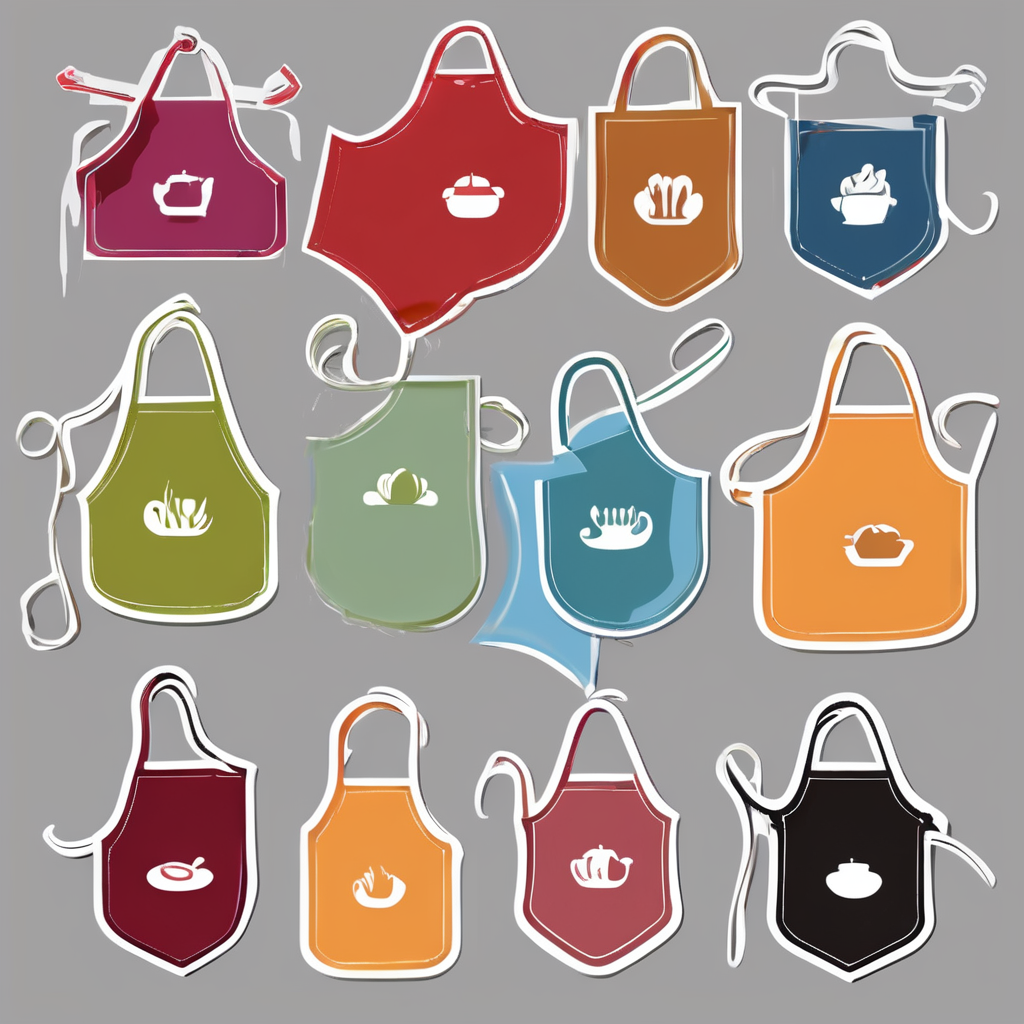Immediate Impact of AI on Traditional UK Kitchens
AI kitchen technology is rapidly reshaping how British households approach cooking and kitchen management. The rise of smart appliances in UK kitchen trends exemplifies this shift, with many homes now using AI-driven ovens, refrigerators, and dishwashers that adapt to user habits. These tools bring precision, convenience, and efficiency to daily routines.
For example, AI ovens can adjust cooking times and temperatures automatically, ensuring meals are perfectly prepared without constant supervision. Smart refrigerators equipped with AI track food expiry dates and suggest shopping lists, preventing waste and making meal planning smoother. Such real-time improvements illustrate how AI improves traditional cooking and baking methods by reducing errors and enhancing flavor outcomes.
In parallel : The Ultimate Guide to Choosing the Perfect Wall Oven with Top Self-Cleaning Features
Furthermore, AI streamlines daily kitchen routines by automating repetitive tasks. Voice-controlled assistants offer hands-free recipe guidance, enabling multitasking and reducing kitchen stress. The integration of AI kitchen technology in traditional UK kitchens isn’t just about novelty; it enhances usability, saves time, and promotes healthier, more efficient meal preparation. This transformation aligns with evolving UK kitchen trends emphasizing smart, connected living spaces.
Transforming Cooking Processes through AI
AI kitchen technology revolutionises meal preparation by automating and personalising cooking processes. Through AI-powered cooking, smart appliances suggest automated meal options tailored to individual tastes and dietary needs, improving the culinary experience in UK homes. Unlike standard recipe books, AI can customise recipes dynamically, adjusting ingredients and cooking times based on user preferences and available ingredients.
Have you seen this : How are smart kitchens enhancing the culinary experience in the UK?
Voice-controlled assistants enhance this by providing a guided cooking experience, offering step-by-step instructions without requiring users to touch screens or cookbooks. This hands-free interaction helps multitaskers and novices alike, making cooking less intimidating and more efficient.
Moreover, AI offers valuable insights into traditional recipes, analysing cooking techniques and ingredient combinations to optimise flavour and nutrition. By integrating AI-driven data analysis with age-old culinary practices, users can experiment confidently and elevate classic dishes. These advances align well with current UK kitchen trends that favour smart, personalised solutions to everyday cooking challenges. With AI recipe automation and cooking assistance, the kitchen transforms into a responsive, intuitive environment that supports creativity and reduces guesswork.
AI-Enhanced Kitchen Management and Inventory
AI kitchen technology is revolutionising how UK households manage kitchen inventory and food storage. Smart inventory systems utilise AI to track the quantity and condition of ingredients in real time, reducing the guesswork traditionally involved in stock management. This ensures users know exactly what they have on hand, preventing over-purchasing or unnecessary trips to the store.
One key advantage is food waste reduction. AI predicts consumption patterns and expiry dates, prompting users to consume items before they spoil. Automated alerts recommend when to restock or use products, streamlining both shopping and meal planning. This integration brings significant convenience to busy kitchens by minimising waste and saving money.
Scheduling is another area enhanced by AI kitchen management. Tasks like defrosting, brine cycles, or even reminding when to clean appliances can be automated, making daily routines smoother. These smart appliances work cohesively within UK kitchen trends, blending functionality with sustainability.
In essence, AI kitchen management transforms inventory tracking from a manual chore into an efficient, user-friendly system that supports environmentally conscious and practical household practices in British homes.
Immediate Impact of AI on Traditional UK Kitchens
AI kitchen technology is swiftly redefining traditional UK kitchens through the widespread adoption of smart appliances designed to enhance everyday cooking and household tasks. These AI-driven smart appliances, including intelligent ovens, refrigerators, and dishwashers, actively learn user habits to optimise performance. For instance, ovens can adjust temperature curves autonomously, guaranteeing perfectly cooked meals without manual intervention. This evolution reflects a key trend in UK kitchen lifestyles, where convenience and precision are paramount.
Such AI kitchen technology also dramatically streamlines daily routines. Voice-controlled assistants integrated with appliances enable hands-free operation, allowing multitasking while reducing kitchen strain. Smart refrigerators monitor ingredient freshness and even generate shopping lists based on usage patterns, aligning with eco-conscious efforts to minimise waste.
Consumers embracing these UK kitchen trends find that AI-driven tools preserve the heart of traditional cooking while introducing efficiency and consistency. The immediate impact centers on transforming conventional kitchens into interactive environments that support both novice and experienced cooks. By blending autonomous adjustments with user preferences, AI creates a responsive cooking atmosphere that elevates traditional practices without sacrificing familiarity.
Immediate Impact of AI on Traditional UK Kitchens
AI kitchen technology is increasingly embedded in UK homes through smart appliances that enhance cooking precision and daily convenience. These appliances not only learn user preferences but also operate autonomously to improve traditional cooking methods. For example, AI ovens can adjust heat levels mid-cook to perfect baking outcomes, a task difficult to manage manually. Such AI-driven smart appliances directly respond to evolving UK kitchen trends prioritising efficiency and ease.
Beyond cooking accuracy, AI streamlines kitchen routines by enabling hands-free control via voice assistants. This technology allows users to multitask effectively, reducing stress during meal preparation. Smart refrigerators equipped with AI monitor ingredient freshness, automatically updating shopping lists and preventing food waste—an important consideration in Britain’s eco-conscious households.
The immediate benefit of AI kitchen technology lies in its ability to integrate seamlessly into familiar environments while enhancing functionality. These innovations do not replace traditional cooking; instead, they support users by automating routine tasks and offering intelligent suggestions. The result is a UK kitchen transformed from a manual workspace into a responsive, adaptive environment aligned with modern lifestyle demands.
